Introduction:
In this article we will discuss the treatment of following discounts under GST:
♠ Discounts at the time of supply/sale
♠ Post-sale discounts
- Discount agreed at the time of supply/sale
- Discount not agreed at the time of supply/sale
Analysis:
As per section 15(3) of CGST Act, 2017 the value of supply shall not include any discount which is given–
(a) before or at the time of the supply if such discount has been duly recorded in the invoice issued in respect of such supply; and
(b) after the supply has been effected, if—
(i) such discount is established in terms of an agreement entered into at or before the time of such supply and specifically linked to relevant invoices; and
(ii) input tax credit as is attributable to the discount on the basis of document issued by the supplier has been reversed by the recipient of the supply.
Page Contents
Discounts at the time of supply/sale
Since the discounts given at the time of supply are duly recorded in the invoice issued in respect of such supply, therefore, these will be deducted from the value of supply and GST will not be levied on the same.
Post-sale Discounts:
Discount agreed at the time of supply/sale
For example- Ram ltd. has entered in an agreement with Sohan Ltd. that if Sohan Ltd. will purchase 200 kg raw material in first three months then it will provide an additional discount of Rs. 10 per KG on goods already sold.
During first three months Sohan Ltd. achieved the target and it was eligible for an additional discount of Rs. 2000/-. Now what will be the treatment of this case under GST?
Solution:
As per the provisions of sub-section (1) of section 34 CGST Act, 2017, Credit note can be issued when-
“Where one or more tax invoices have been issued for supply of any goods or services or both and the taxable value or tax charged in that tax invoice is found to exceed the taxable value or tax payable in respect of such supply, or where the goods supplied are returned by the recipient, or where goods or services or both supplied are found to be deficient, the registered person, who has supplied such goods or services or both, may issue to the recipient one or more credit notes for supplies made in a financial year containing such particulars as may be prescribed.”
In this case, since there was an agreement at the time of supply and the discount is specifically linked to relevant invoices therefore, this will fall in the purview of section 15(3)(b).
Further, it has also been found that the excessive taxable value has been charged by the supplier. Therefore, the supplier will be required to issue a Credit Note under section 34(1) and the recipient of goods is required to reverse the ITC attributable to such discount.
Discount NOT agreed at the time of supply/sale
Sometimes, there are some discounts which are not known at the time of supply or are offered after the supply is already over.
For example, M/s A supplies 10000 packets of biscuits to M/s B at Rs. 10/- per packet. Afterwards M/s A re-values it at Rs. 9/- per packet. Subsequently, M/s A issues credit note to M/s B for Rs. 1/- per packet.
In this case, since the discount is not known at the time of supply of goods, a question may arise whether credit note under sub-section (1) of section 34 of the CGST Act can be issued in such cases even if the conditions laid down in clause (b) of sub-section (3) of section 15 of the said Act are not satisfied.
The same has been clarified by the CBIC vide Circular No. 92/11/2019-GST dated 7th March, 2019 that financial / commercial credit note(s) can be issued by the supplier even if the conditions mentioned in clause (b) of sub-section (3) of section 15 of the said Act are not satisfied. In other words, credit note(s) can be issued as a commercial transaction between the two contracting parties.
Thus, in this case, such secondary discounts shall not be excluded while determining the value of supply as such discounts are not known at the time of supply and the conditions laid down in clause (b) of sub-section (3) of section 15 of the said Act are not satisfied. There is no impact on availability or otherwise of ITC in the hands of supplier in this case.
The dealer will not be required to reverse ITC attributable to the tax already paid on such post-sale discount received by him through issuance of financial / commercial credit notes by the supplier of goods in view of the provisions contained in second proviso to sub-rule (1) of rule 37 of the CGST Rules read with second proviso to sub-section (2) of section 16 of the CGST Act as long as the dealer pays the value of the supply as reduced after adjusting the amount of post-sale discount in terms of financial / commercial credit notes received by him from the supplier of goods plus the amount of original tax charged by the supplier. This view has also been affirmed by CBIC vide Circular No. 105/24/2019-GST dated 28th June, 2019 (refer para 3).
Post-sale discount with an additional burden to do some act:
There may be a situation in which the supplier provides a post-sale discount, in which there is an additional burden on buyer to do some act like undertaking special sales drive, advertisement campaign, exhibition etc.
As per para 3 of Circular No. 105/24/2019-GST, in such a case, this will be considered as a separate transaction between the buyer and supplier and the additional discount will be considered as a consideration for this separate supply and the buyer will issue the tax invoice to the supplier and the supplier will be eligible to avail ITC on such transaction.
Conclusion:
Thus, the following situations are possible in post-sale discounts:
| Discount agreed at the time of supply/sale | Discount NOT agreed at the time of supply/sale |
| Credit note will be issued by the supplier and ITC will be reversed by the recipient of goods or services. | Financial / commercial credit note will be issued by the supplier and the recipient will not be required to reverse the ITC. |
| Post-sale discount with an additional burden on buyer to perform such additional activity: Will be considered as a separate transaction and tax invoice will be issued by the buyer. | |
Note:
The view presented in this article is based on the author’s understanding of law and the circulars mentioned in this article.
In case of any query/clarification please contact us!!












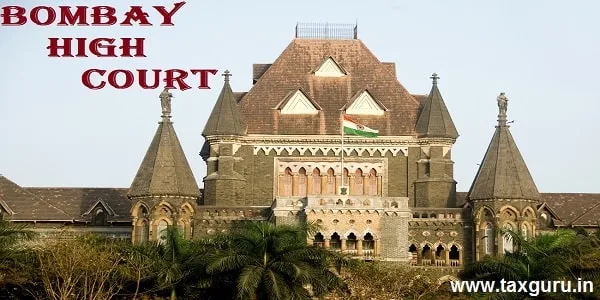

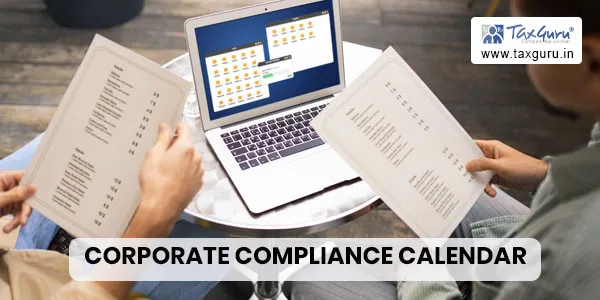

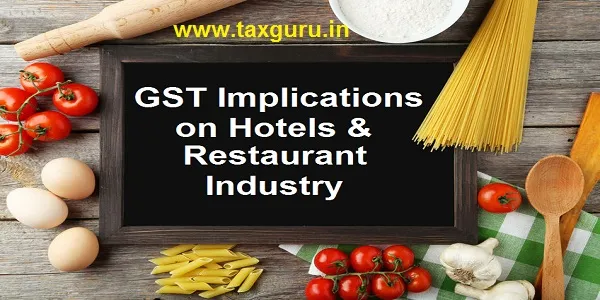



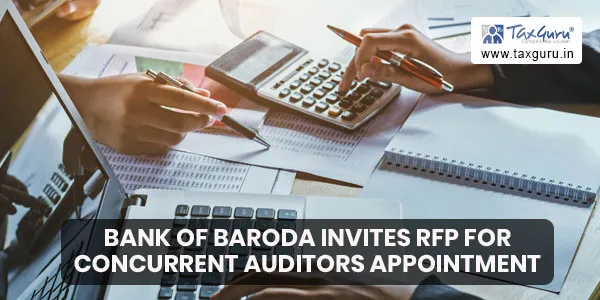
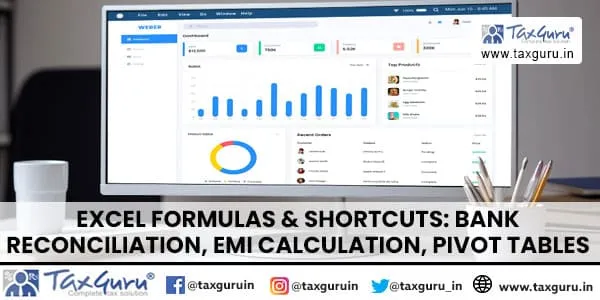
if A purchase goods from B and B commit that if A purchase certain quantity during year, B will give extra discount
B issued credit note for same (issue credit note without GST)
Now A will take Input Tax Claim for this credit Note or not
this discount will be shown in trading account or P & L account
kindly reply me on my email
If a company sells goods to customer on credit and there is a clause where customer will be given cash discount if he makes early payment. Then at the time of issuing credit note by the company do company need to charge gst or not?. Request you to reply on email also.